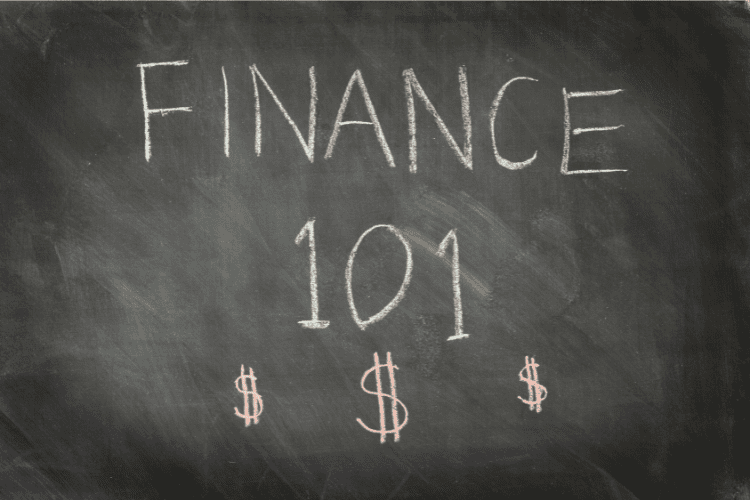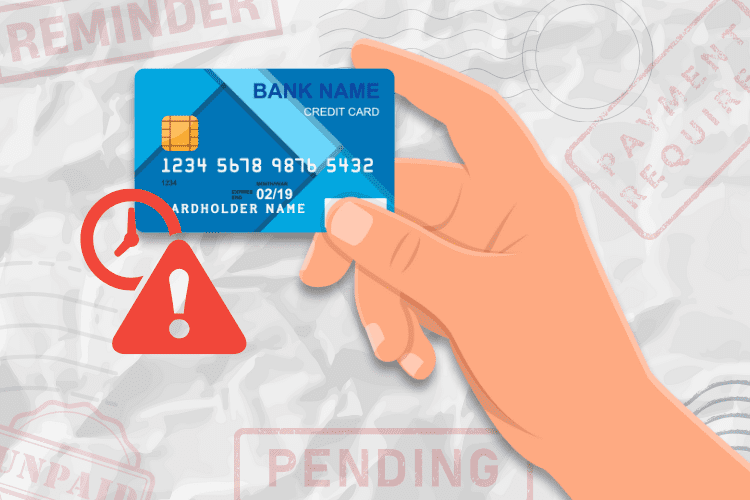Michigan Is the 14th State To Mandate Personal Finance Education: What This Means For Students

Personal finance education seems pretty straightforward. It’s a curriculum that’s designed to teach people the basics of finance: how to file your taxes, how to invest your money, how to buy auto insurance, etc. The list goes on and on!
Unfortunately, this has never been a standard curriculum in the United States. Personal finance courses and financial literacy ought to be a graduation requirement. How can educated young adults go out into the world post-high school or college and know how to navigate the confusing intricacies of personal finance without proper education?
Let’s talk about how Michigan is paving the way when it comes to personal finance education and what other states are already requiring.
Michigan Becomes 14th U.S. State to Mandate Personal Finance Education
According to CNBC, the Michigan House of Representatives on Tuesday, June 7th, 2022, passed HB 5190 by a vote of 94-13. The bill passed the state’s Senate in May with a vote of 35-2. The bill will now be sent to Governor Gretchen Whitmer’s desk for her to sign into law.
So, why is this such a big deal? Well, it’s because high school students in Michigan will soon be guaranteed a personal finance course before they graduate. This is a game-changer for young residents of the state who will now be one step closer to taking financial matters into their own hands (oh yea!)
More specifically, Michigan’s latest legislation will require that all high school students take a half-credit course in personal finance before graduating. That course can count as math, arts, language, or a language other than English requirement, at the discretion of local school boards.
The bill, when signed, will go into effect for students starting eighth grade in the 2023 school year. The passage of this bill will make Michigan the 14th state in the union to mandate personal finance education.
Which States Currently Mandate Personal Finance Education?
Check out this list from Axios, which outlines which of the 50 U.S. states currently mandate personal finance education and what each state specifically requires:
| Iowa | Requires students to take at least one half-year personal financial literacy course (beginning in 2022-23). |
| Missouri | Requires students to take one-half credit in personal finance to graduate. |
| Ohio | Requires students entering the ninth grade on or after July 1, 2022 to take one-half credit of financial literacy to graduate. |
| Tennessee | Requires students to take a half-year course in personal finance. |
| Utah | Requires students to take a half-year course on personal finance topics and an end-of-course assessment administered by the state. |
| Virginia | Requires students to take a one-year economics and personal finance course as a graduation requirement. |
| Alabama | Requires students to take a one-year career preparedness course that includes personal finance lessons. |
| North Carolina | Requires students to pass a personal finance class to graduate. |
| Florida | Requires students to take a personal finance class to graduate. |
| Georgia | Requires students to take a financial literacy class in their 11th or 12th year to graduate. |
| Michigan | Requires students to take a personal finance course before graduation to receive a diploma. |
| Mississippi | Requires students to take a college and career readiness course before graduation (beginning in 2022). |
| Nebraska | Requires students to take at least five hours of personal finance or financial literacy classes to graduate high school (beginning with the 2023-24 school year). |
| Rhode Island | The state is developing a plan to create statewide standards for financial literacy in public schools. |
These 14 states require students to be educated in personal finance before the end of high school; I couldn’t agree with this more. Hopefully, they set an example for the 36 other states to make personal finance a curriculum requirement too.
Personal Finance Resources For You
If your school doesn’t offer any personal finance education resources, we’ve got you covered. Check out this list of resources below so you can start educating yourself:
- Money Tips Everyone Needs to Know But Weren’t Taught
- What Happens If You Don’t File Your Taxes?
- How Do Student Loans Work?
- Stop Putting It Aside: Get Your Free Credit Score in 90 Seconds
- U.S. Bank Cash+® Visa Signature® Credit Card Review: Customizable 5% Cash Back
Whether it’s checking your credit score, choosing the best credit card for yourself, filing your taxes, or simply educating yourself on financial matters, The Smart Wallet has the resources you need to become financially literate fast!
The Bottom Line
Considering the tumultuous financial times we’re currently living in, personal finance education could not be more critical. In my opinion, there ought to be legislation on the federal level that mandates personal finance education in public high schools nationwide.
It’s nothing short of a crime that young adults and recent grads are often clueless about navigating how to do their taxes, enroll in a health insurance plan, and get the best car insurance rate, not to mention all the other financial responsibilities one must engage in to be a fully functioning adult. Empowering young adults through mandated personal finance education is of utmost importance and states like Michigan are setting the right example for the rest of the U.S.
Read More: 10 Summer Scholarships To Help Fund College For Free










